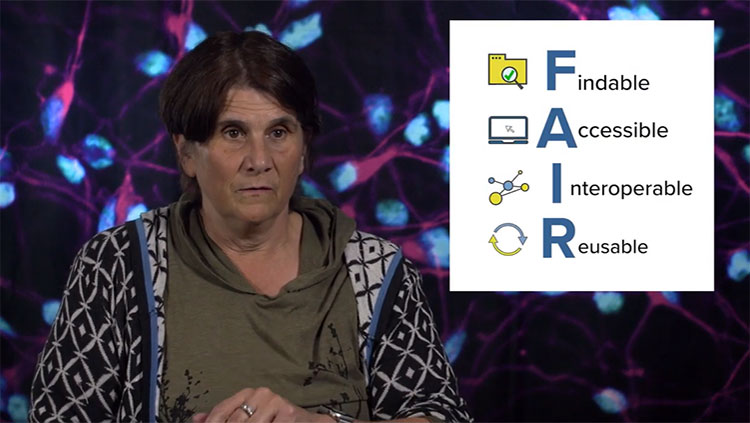Supporting Research
Maryann Martone has spent much of her career pushing for neuroscience data to be more open and useful for scientists and, ultimately, anyone interested in neuroscience.
Some pages on this website provide links that require Adobe Reader to view.
Copyright © Society for Neuroscience

